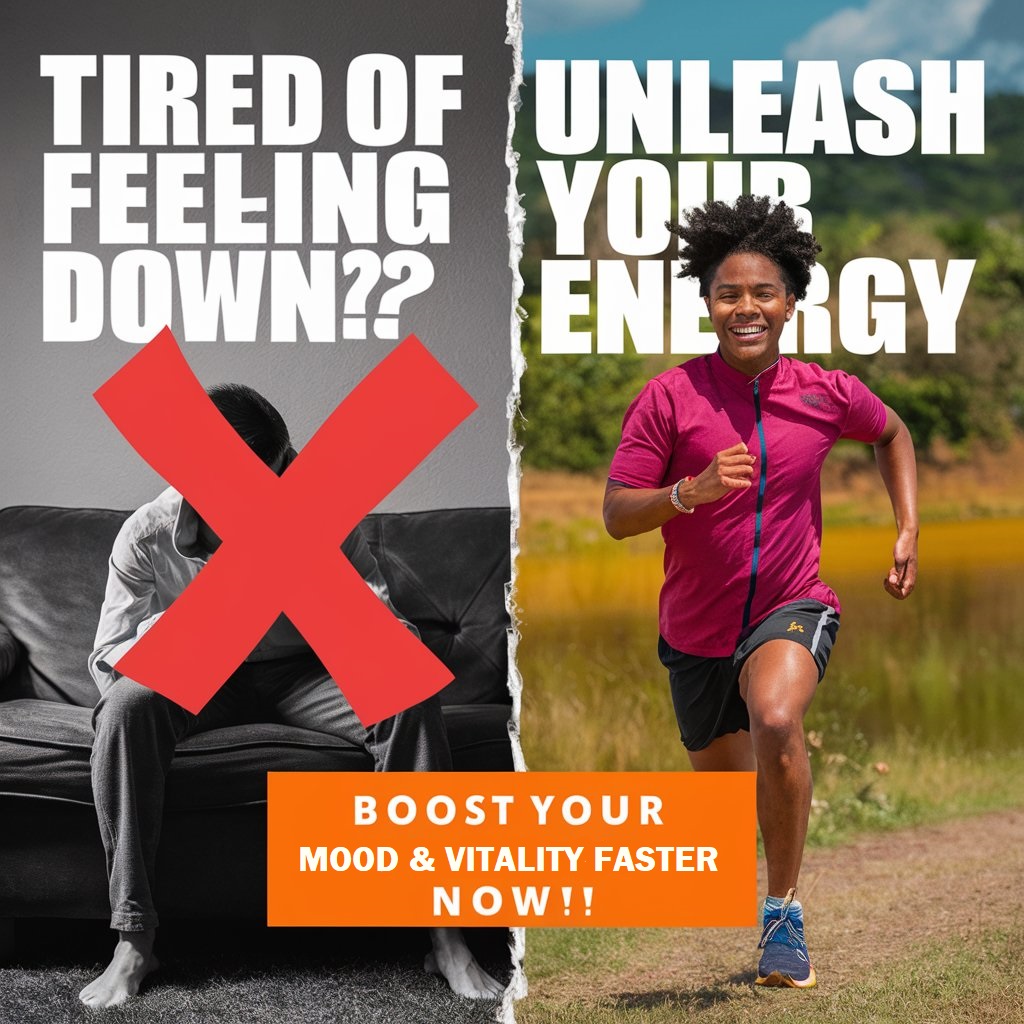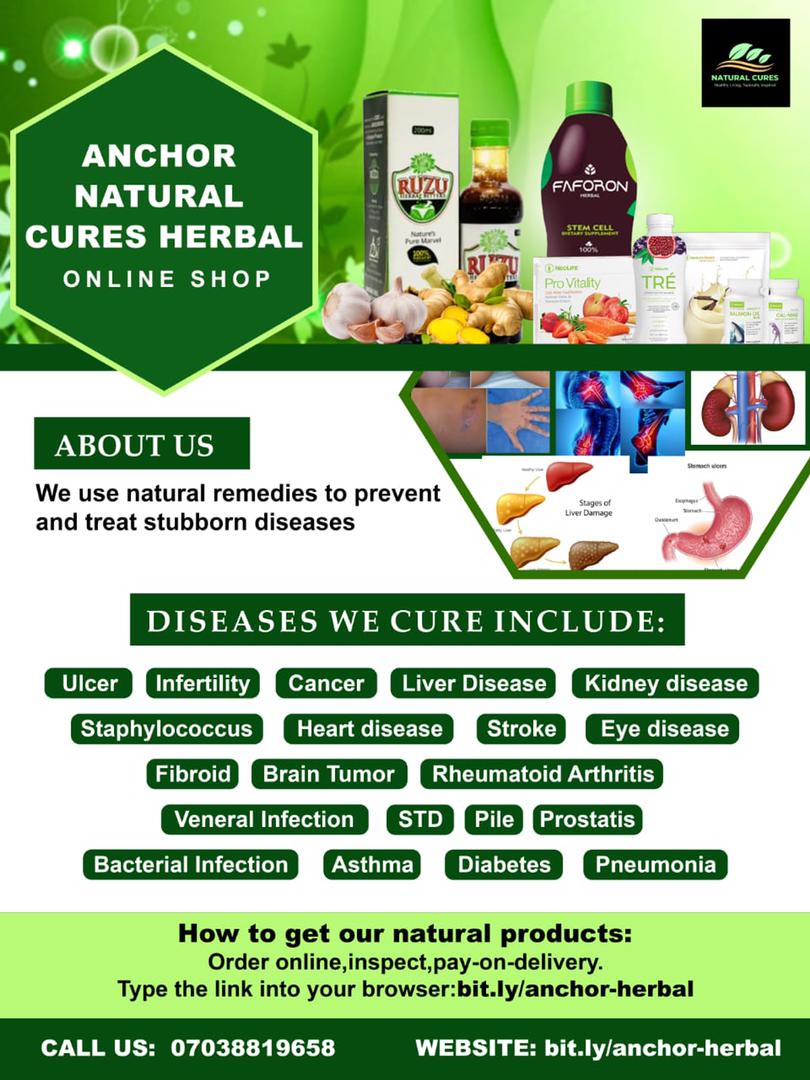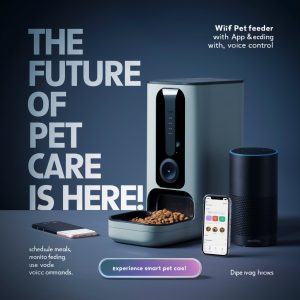5 Powerful Ways to Prevent and Reduce Your Cancer Risk
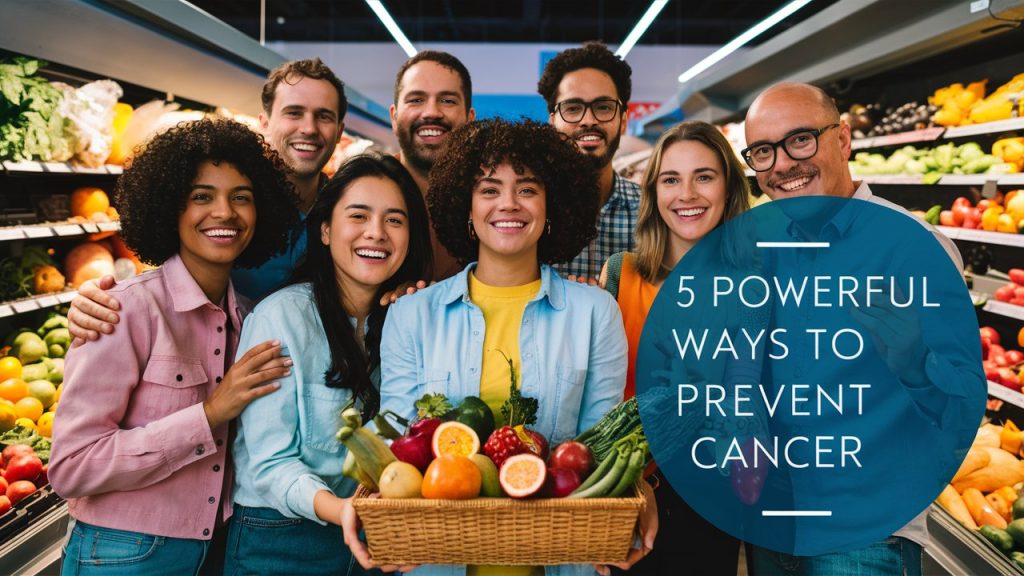
What are 5 ways to prevent and reduce cancer risk?
Cancer. The word itself evokes fear and uncertainty. This complex disease, characterized by uncontrolled cell growth, casts a long shadow, impacting millions of lives worldwide. While some risk factors are beyond our control, the good news is that many lifestyle changes can significantly reduce your chances of developing cancer.
In this comprehensive guide, we’ll delve into five powerful ways to prevent and reduce your cancer risk, empowering you to take charge of your health and live a longer, healthier life. We’ll draw insights from a trusted source, the Mayo Clinic Mayo Clinic, and explore each strategy in detail, providing actionable steps you can incorporate into your daily routine.
Unleashing the Power of Choice: Eradicating Tobacco Use
Tobacco use stands as the single most significant preventable cause of cancer. Shockingly, it’s responsible for nearly one-third of all cancer deaths in the United States alone. Whether it’s smoking cigarettes, chewing tobacco, or enduring the harmful effects of secondhand smoke, tobacco wreaks havoc on your cellular health.
The good news? Quitting tobacco is the single most impactful decision you can make to reduce your cancer risk. It’s never too late to reap the benefits. Here’s why quitting is so crucial:
- Cellular Carnage: Tobacco smoke contains over 7,000 chemicals, of which at least 70 are known carcinogens (cancer-causing agents). These chemicals damage DNA, the blueprint of your cells, leading to uncontrolled cell growth, the hallmark of cancer.
- A Multi-System Onslaught: The detrimental effects of tobacco extend far beyond the lungs. It weakens the immune system, making your body more susceptible to various cancers. Additionally, tobacco use increases the risk of cancers of the mouth, throat, esophagus, bladder, cervix, pancreas, stomach, kidneys, and leukemia.
- Secondhand Smoke: A Silent Threat: Even if you don’t use tobacco yourself, exposure to secondhand smoke significantly elevates your cancer risk. Protecting yourself and loved ones from secondhand smoke exposure is essential.
Making Quitting a Reality: You’re Not Alone
Quitting tobacco can be challenging, but it’s absolutely achievable with the right support system. Here are resources to empower you on your smoke-free journey:
- Consult Your Doctor: Develop a personalized quit plan with your doctor. They can recommend medications, nicotine replacement therapy (NRT), or a combination of both to ease withdrawal symptoms and cravings.
- Seek Support Groups: Connect with others who understand the struggles of quitting. Support groups offer a space to share experiences, receive encouragement, and stay motivated on your smoke-free path.
- Explore Online Resources: Numerous online resources like the National Cancer Institute (https://www.cancer.gov/about-cancer/causes-prevention/risk/tobacco) and the American Cancer Society (https://www.cancer.org/cancer/latest-news/how-to-quit-smoking.html) provide valuable information and support tools.
Remember, quitting tobacco is an investment in your health and longevity. Every puff-free day is a victory. Celebrate your milestones, no matter how small, and never give up on your smoke-free future.
Cultivating a Healthy Plate: The Power of a Balanced Diet
The age-old adage “you are what you eat” holds immense truth when it comes to cancer prevention. The foods you choose significantly impact your overall health, including your cancer risk.
A balanced diet rich in fruits, vegetables, and whole grains provides your body with the essential nutrients it needs to function optimally and fight off potential threats. Here’s how a healthy diet empowers your body to prevent cancer:
- Antioxidant Arsenal: Fruits and vegetables are brimming with antioxidants, powerful molecules that combat free radicals. Free radicals are unstable molecules that damage cells and contribute to cancer development. By neutralizing free radicals, antioxidants play a crucial role in protecting your cells from harm.
- Fiber Fantastic: Dietary fiber, abundant in whole grains, fruits, and vegetables, promotes healthy digestion and helps regulate blood sugar levels. Maintaining healthy blood sugar levels can indirectly reduce cancer risk, as some cancers are linked to chronic high blood sugar.
- Healthy Weight Management: A balanced diet rich in fruits, vegetables, and whole grains is naturally lower in calories and fat compared to a diet high in processed foods. This can aid in maintaining a healthy weight, which is crucial for cancer prevention. Excess body fat is linked to an increased risk of various cancers, including breast, colon, and endometrial cancers.
Building Your Cancer-Preventive Plate: Practical Tips
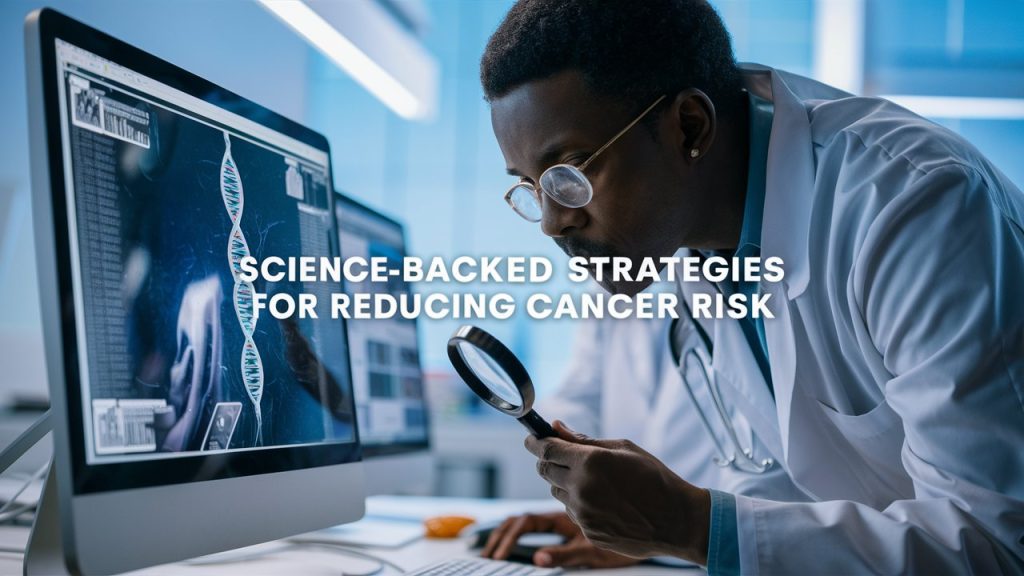
- Embrace the Rainbow: Aim to include a variety of colorful fruits and vegetables in your diet. Each color represents a unique set of antioxidants, so the more vibrant your plate, the wider your antioxidant defense.
- Go Whole Grain: Opt for whole grains like brown rice, quinoa, oats, and whole-wheat bread instead of refined grains like white bread and white rice. Whole grains are a rich source of fiber, vitamins, and minerals, offering a nutritional advantage over their refined counterparts.
- Limit Processed Meats and Red Meat: Processed meats like hot dogs, bacon, and deli meats have been linked to an increased risk of cancer. While red meat (beef, pork, lamb) isn’t inherently bad, consuming it in moderation is key. Aim for lean cuts and limit your intake to no more than a few servings per week.
- Healthy Fat Focus: Not all fats are created equal. Choose healthy fats like those found in avocados, olive oil, nuts, and seeds. These fats can help reduce inflammation throughout the body, potentially lowering your cancer risk.
- Portion Control is Key: Be mindful of your portion sizes. Even healthy foods can contribute to weight gain if consumed in excess. Use smaller plates to avoid overeating and listen to your body’s hunger and fullness cues.
Beyond the Plate: Additional Dietary Considerations
- Sugar Sensitivities: Limit your intake of added sugars and sugary drinks. Excessive sugar consumption can contribute to chronic inflammation and potentially increase cancer risk. Opt for naturally sweet fruits and limit processed sugary beverages.
- Calcium Power: Include calcium-rich foods like dairy products, leafy green vegetables, and fortified foods in your diet. Calcium may play a role in protecting against certain cancers, like colon cancer.
- Vitamin D Deficiency? Talk to your doctor about getting your vitamin D levels checked. Vitamin D deficiency has been linked to an increased risk of some cancers. Consider including vitamin D-rich foods like fatty fish or taking a supplement if recommended by your doctor.
3. Maintaining a Healthy Weight: A Balancing Act
Excess body weight is a significant risk factor for several cancers, including breast, colon, endometrial, pancreatic, and kidney cancers. Maintaining a healthy weight can significantly reduce your cancer risk.
Here’s why achieving a healthy weight is crucial:
- Hormonal Harmony: Excess body fat can disrupt hormone levels, particularly estrogen in women. Elevated estrogen levels have been linked to an increased risk of certain cancers, like breast cancer.
- Chronic Inflammation: Obesity is linked to chronic inflammation throughout the body, which can contribute to the development and progression of cancer.
- Insulin Resistance: Excess body fat can lead to insulin resistance, a condition where the body struggles to use insulin effectively. Chronically high blood sugar levels associated with insulin resistance may influence cancer risk.
Finding Your Healthy Weight Zone
Your ideal weight range may vary depending on your height, body composition, and overall health. Consult your doctor to determine your healthy weight zone and create a personalized weight management plan.
Strategies for Maintaining a Healthy Weight:
- Engage in Regular Physical Activity: Aim for at least 150 minutes of moderate-intensity exercise or 75 minutes of vigorous-intensity exercise weekly. Regular physical activity helps you burn calories, maintain muscle mass, and improve overall health, all of which contribute to weight management.
- Portion Control Matters: Practice mindful eating and be aware of your portion sizes. Use smaller plates to avoid overeating and listen to your body’s hunger and fullness cues.
- Make Smart Food Choices: Focus on whole, unprocessed foods like fruits, vegetables, whole grains, and lean protein sources. These foods are naturally more satiating and provide your body with essential nutrients, helping you feel fuller for longer.
- Limit Sugary Drinks and Processed Foods: Sugary drinks and processed foods are often high in calories and low in nutrients. Limiting your intake of these items is essential for weight management and overall health.
Shielding Yourself from the Sun’s Harmful Rays
Ultraviolet (UV) radiation from the sun is a major risk factor for skin cancer, the most common type of cancer in the United States. By taking steps to protect your skin from the sun, you can significantly reduce your risk of developing this potentially life-threatening disease.
Here’s why sun protection is crucial:
- UV Ray Rampage: The sun emits UV rays, invisible forms of radiation that damage skin cells. These rays can cause mutations in the DNA of skin cells, leading to uncontrolled cell growth and potentially skin cancer.
- Types of Skin Cancer: There are three main types of skin cancer: basal cell carcinoma, squamous cell carcinoma, and melanoma. Melanoma is the most aggressive form of skin cancer and can be life-threatening if not detected and treated early.
Sun Protection Strategies: Your Defense Against Skin Cancer
Now that we understand the dangers of UV radiation, let’s explore effective sun protection strategies:
- Seek Shade Whenever Possible: The simplest yet highly effective strategy is to limit your time spent in direct sunlight, especially during peak hours (10 am to 4 pm), when the sun’s rays are strongest.
- Sun-Protective Clothing is Your Ally: When venturing outdoors, wear protective clothing that covers your arms, legs, and torso. Opt for tightly woven fabrics with a dark color for optimal protection. Consider sun-protective clothing with an Ultraviolet Protection Factor (UPF) rating of 50+.
- Hats are Heroes: Broad-brimmed hats that shade your face, neck, and ears are essential sun protection gear. Choose hats with a wide brim of at least 3 inches for maximum coverage.
- Sunscreen: Your Essential Shield: Sunscreen is your frontline defense against UV rays. Here’s what to look for when choosing a sunscreen:
- Broad-Spectrum Protection: Ensure your sunscreen offers broad-spectrum protection against UVA and UVB rays. UVA rays penetrate deep into the skin and contribute to skin aging and wrinkling, while UVB rays are responsible for sunburns and can also contribute to skin cancer.
- SPF Matters: Choose a sunscreen with an SPF (Sun Protection Factor) of 30 or higher. SPF 30 blocks about 97% of UVB rays, while SPF 50 blocks about 98%. While SPF 50 offers slightly more protection, SPF 30 is sufficient for most people if reapplied diligently.
- Water Resistance: If you’ll be swimming or sweating, opt for a water-resistant sunscreen. Reapply sunscreen every two hours, or more often if swimming or sweating heavily.
Beyond Sun Protection: Early Detection is Key
While sun protection is paramount, it’s equally important to be aware of your skin and perform regular skin checks. Look for any changes in the size, shape, or color of existing moles, and pay attention to any new moles or skin growths. If you notice any suspicious changes, consult your doctor promptly. Early detection of skin cancer significantly improves treatment outcomes.
5. The Power of Prevention: Vaccination for a Healthier You
Certain vaccinations can help protect you from viruses linked to cancer development. Here’s how vaccinations play a role in cancer prevention:
- Hepatitis B Virus (HBV): Chronic HBV infection can increase the risk of developing liver cancer. The HBV vaccine effectively protects against HBV infection, thereby reducing the risk of liver cancer.
- Human Papillomavirus (HPV): HPV is a sexually transmitted virus linked to cervical cancer and some other cancers, including anal cancer, vaginal cancer, and vulvar cancer. The HPV vaccine protects against certain strains of HPV, significantly reducing the risk of these cancers.
Talk to Your Doctor About Vaccination
Scheduling an appointment with your doctor is crucial to determine if these vaccinations are right for you. They can take your age, health history, and sexual activity into account when recommending specific vaccinations. Vaccination is a powerful preventive measure that can significantly impact your health and well-being.
Beyond the Five: Additional Strategies for Cancer Prevention
While these five strategies are fundamental pillars of cancer prevention, here are some additional tips to consider:
- Manage Stress: Chronic stress can weaken your immune system, potentially increasing your susceptibility to various cancers. Practice relaxation techniques like yoga or meditation to manage stress effectively.
- Limit Alcohol Consumption: Excessive alcohol consumption is linked to an increased risk of several cancers, including mouth, throat, esophagus, liver, breast, and colon cancers. Moderation is key. Aim for no more than one drink per day for women and two drinks per day for men.
- Get Enough Sleep: Aim for seven to eight hours of quality sleep each night. Sleep deprivation can disrupt hormones that regulate cell growth. Prioritize good sleep hygiene to ensure restful nights.
By adopting these comprehensive strategies and consulting with your doctor for personalized advice, you can significantly reduce your risk of developing cancer. Taking charge of your health and making positive lifestyle changes empowers you to live a longer, healthier life. Early detection is also vital. Schedule regular cancer screenings as recommended by your doctor.
This blog post has equipped you with valuable knowledge to make informed decisions about your health. Remember, prevention is always better than cure. Take control of your health today and embrace a cancer-preventive lifestyle!
Recommended Products for All Cancer Treatments
- Neolife Vitamin C Plus Advanced Daily Immune Support – 100-Capsule Supplement
- Max Cellgevity: Enhance Cellular Health, Immunity, & Anti-aging Formula for Improving Over 20 Chronic Conditions Including Stroke, Diabetes, Arthritis – 60 Servings
- NeoLife Tre-en-en Grain Concentrates: Combat Fatigue & Boost Cellular Energy Naturally
- NEOLIFE Pro Vitality Plus All-Natural Whole Food Multivitamin Multivitamin for Lifelong Health – 30 Sachets
- Bostamin Herbal Stem Cell Immune Booster Fights Cancer Cells, Strengthens the Immune System – 30 Capsules 500mg
- Carotenoid Complex Immune Support and Antioxidant Reducing the Risk of Cancer, Heart Diseases, and Age-Related Degenerative Diseases










